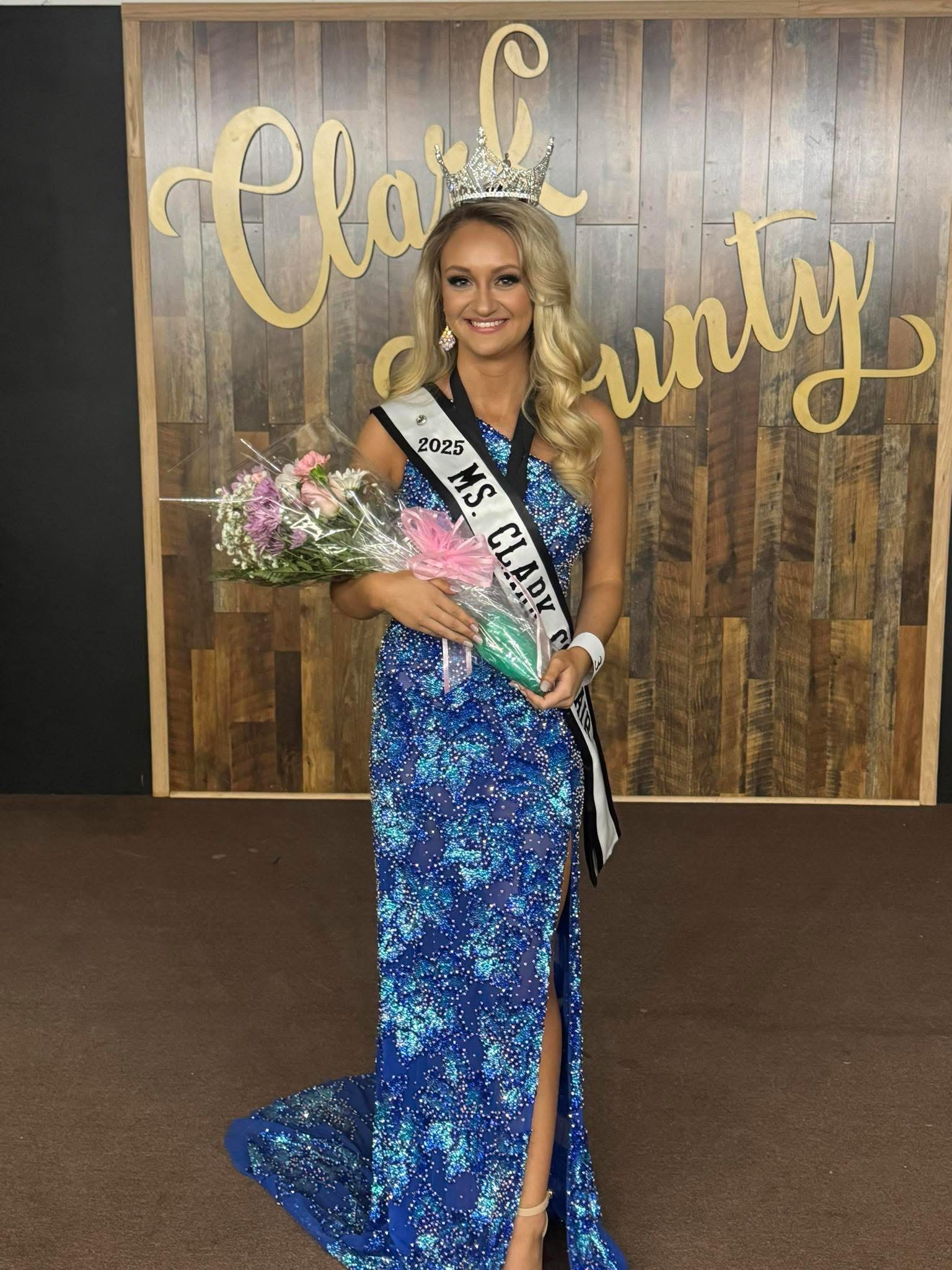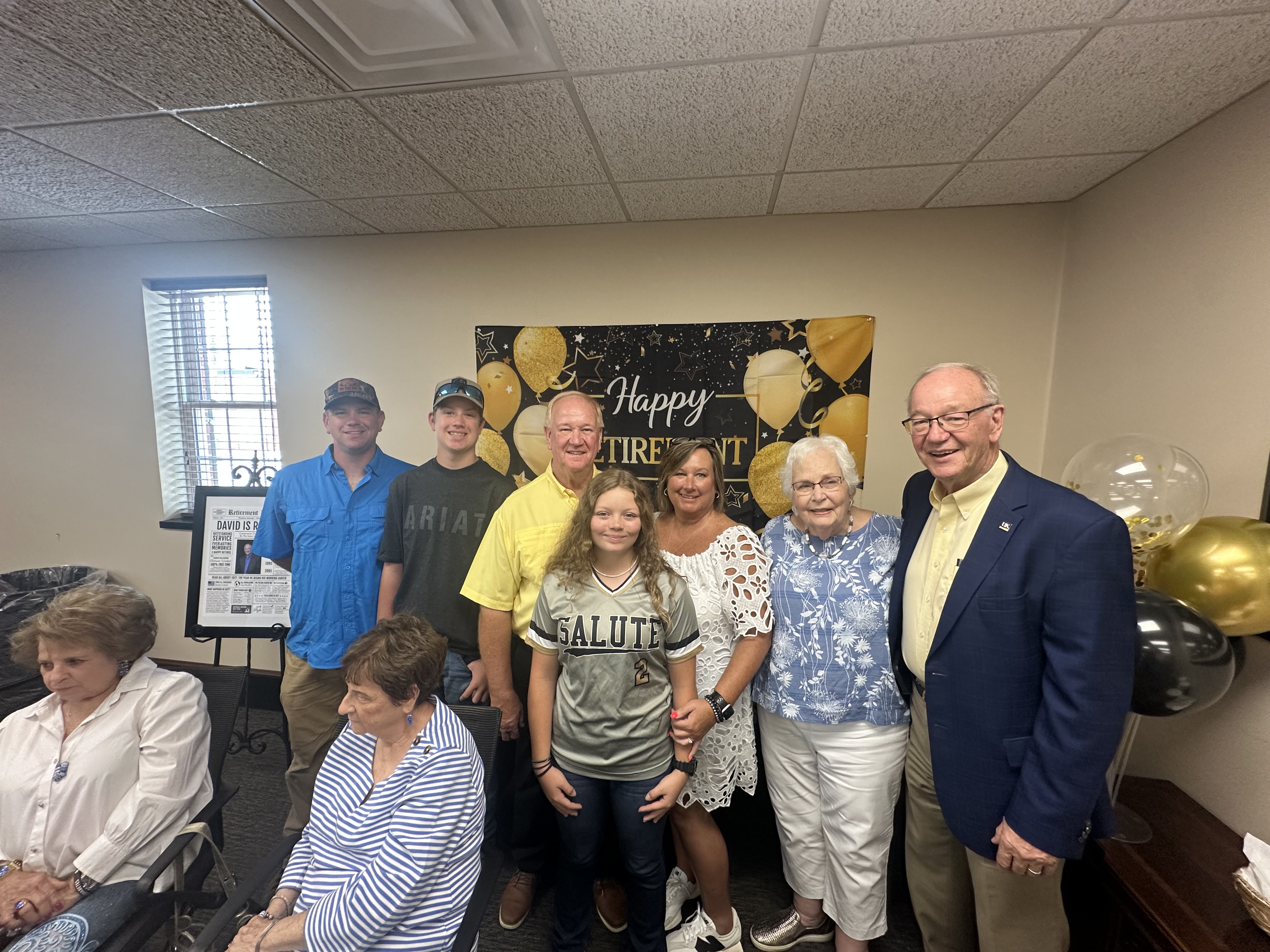Al Smith was exemplar, advocate for rural journalism
Published 4:22 pm Monday, March 22, 2021


|
Getting your Trinity Audio player ready...
|
BY AL CROSS
The Rural Blog
If you’re a regular reader of The Rural Blog, you understand the sort of rural journalism exemplified by Al Smith, who died Friday, March 19.
It’s rural journalism that keeps public service at top of mind, providing insight and leadership to the community, and going beyond the county line to help the audience understand state, regional and national issues and actors that affect their communities.
That’s the sort of journalism Al Smith and I practiced when I worked for him. I learned how to write about controversial people in a way that you could hold your journalistic head high and still look them in the eye and exchange a greeting the next day. That was the basis for what I teach students today, that the key to real success in community journalism is managing the ever-present conflict between your professional obligations and your personal comfort. It’s not for everybody, but Al Smith knew how to do it, and even make it fun.
His newspapers campaigned for better schools, which didn’t sit well with farmers who didn’t want higher taxes. When one who was upset with Al’s crusading walked into his office one day and started giving him a lecture, Al turned to his typewriter, recorded the visitor’s thoughts, whipped out the paper, handed it to the farmer and said something like this: “You just wrote a letter to the editor. Sign it and we’ll put in in the paper.” He loved the clash of ideas.
He had a preternatural curiosity that was more than a journalist’s quest for a story, or knowledge of how things worked; it was a human curiosity that reflected true care about humanity and its condition, and it brought him a wide circle of friends. One called him “a collector of humans.”
Several years ago he reflected on his approach as small-town editor and publisher: “Because I have a certain combativeness about social issues, it didn’t take me long to decide that part of my job was to conduct the paper with an urgency rooted in a conviction that if we didn’t build more jobs, there would be grass in the streets instead of people on sidewalks. I became a total resource person, devoted to all kinds of proposals for bettering the community — all of them, I liked to think, of a progressive nature.”
When I started working for Al, he was president of the Kentucky Press Association, which was halfway through a campaign to give Kentucky some of the nation’s best open-meetings and open-records laws. He went on to be Kentucky’s greatest public citizen, leading, guiding and supporting a wide range of causes, and left a national legacy with the Institute for Rural Journalism and Community Issues. He liked to say that “It has a long name because it’s the caboose that drives the train: the issues.”
Always remembering Al’s example, the Institute stands for the proposition that rural Americans deserve good journalism as much as urban Americans. I would like to think that his example, and the Institute, have raised the bar for rural journalism in Kentucky and the nation.
Al was chairman emeritus of the Institute advisory board, now co-chaired by community journalist Jennifer P. Brown of Hopkinsville, Ky., and retired daily newspaper executive Nancy Green.
Nancy wrote: “Al Smith was a first-rate journalist, publisher, mentor, coach, friend, lover of his adopted state of Kentucky. The Institute for Rural Journalism and Community Issues encouraged and established recognition programs for smaller community editors doing good work, not just in Kentucky but around the nation. So many small newspaper publishers like Al successfully address serious issues with limited resources. Al believed in recognizing these successes. . . . Thanks to Al’s tenacious attention to the good work of rural journalists, we are able to have a better picture of what is happening in rural America.”
Jennifer wrote, “More than anyone I know, Al Smith made it possible for rural journalists to see the merit and meaning of their work. He set an example to pursue stories about people and issues in small towns with the same purpose and drive as a reporter working for a metropolitan paper. Al treated rural communities as places worthy of our best efforts in storytelling and watchdog reporting. More than ever, I think we need his example to strengthen rural newsrooms and the communities they cover. Knowing Al made me a better journalist. I was fortunate to know him and to have his support.”
We welcome other recollections and tributes to Al Smith. You may email them to al.cross@uky.edu.
Here’s a start:
Steve Beshear, Democratic governor of Kentucky from 2007 to 2015, told the Lexington Herald-Leader that most people considered Smith an icon in journalism, “but he also actively worked to make life better for Kentuckians.”
Senate Republican Leader Mitch McConnell said in a press release, “Al Smith was the gold standard of community journalism in the Bluegrass. On radio, on television and in print, he covered everyone from Kentucky’s most famous to those who wouldn’t be known outside their small town. In short, Al told our story. . . In writing about his human vulnerability, he became an inspiration for his readers to face their own. It’s my hope others will follow Al’s path of integrity and professional excellence.”
The first quote in the Louisville Courier Journal’s obituary was from a foreword to one of Al’s books, buy O. Leonard Press, founding director of Kentucky Educational Television: “The essence of Al Smith is that he was born to be a public figure, in print and in person. And in one way or another, he always has been.”
KET Public Affairs Managing Producer Renee Shaw, who co-produced “Comment on Kentucky” with Smith for 11 years, told the Herald-Leader that Smith was “my personal hero who saw my potential, nurtured it, and at times challenged it, convincing me to bloom where I was planted. Often a stem-winder orator, Al, to me, was gentle in his mentoring pep talks and believed more for me than I could see. . . . I, and others, will cling to memories of his feisty spirit, fervent intellectual curiosity and deep passion to connect our experiences and elevate rural communities.”
Retired Kentucky journalist Art Jester wrote, “It can’t be overstated that Martha Helen was crucial in Al’s getting his life back together from his worst days as an alcoholic, and was truly his partner in everything, most notably running their newspapers. I have always thought that Martha Helen stayed anchored — cheerfully and skillfully so — thus enabling Al to sail around to his many interests, meetings, interviews, and obligations, not to mention his endless, long telephone conversations. (I was just one of many who benefitted from his unselfish chats and advice.) In short, Al could not have become the man that he was without Martha Helen’s love, support and partnership in everything they did. Al had the talent and drive, but Martha Helen’s steadfastness made his greatest accomplishments possible. They were an incredible team.”
Alice Brown, former president of the Appalachian College Association, was one of many people outside journalism but in other forms of public service whom Al helped: “Al called me “a beggar for beggars.” He sent me to DC to beg at the Appalachian Regional Commission. After the Appalachian College Program became an independent association, Al guided me in the area of personnel development; as I hired new employees for that new office, Al reminded me about the importance of hiring people familiar with the culture of Appalachia and about the importance of giving them a lot of praise to soften whatever negative criticism I might need to share with them. . . . Like a guardian angel, he seemed to appear at many right moments in my life. And he always came with subtle suggestions about where I might find funding to support my work or how I might better communicate the mission of that association. While I remember only a few of the specific actions Al took on my behalf, I will never forget his spirit intent on helping all those with whom he came into contact. And I will always be grateful that I was one of those with whom he came into contact.”







